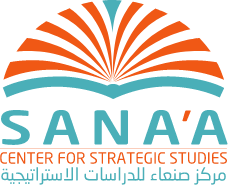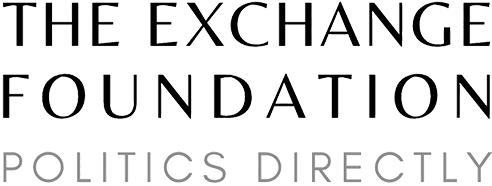The Yemen and Gulf Exchange Situating Yemen in Regional Politics
January 16 - 27, 2023 16:00-20:00 Sana'a / 8:00-12:00 EST Monday-Friday
The Yemen and Gulf Exchange is an intensive, region-focused version of the long-running Yemen Exchange conference organized by the Sana’a Center and The Exchange Foundation. Using the tried and true format of our previous Exchanges, this new course is designed to provide unique access to information, perspectives, updates and analysis on Yemen with a particular focus on its neighboring countries – the Gulf states and Iran – for both those seeking to develop a working background on the region as well as those already thoroughly versed in its dynamics. During the ten-day program conducted via Zoom, participants from around the world will listen to leading analysts, academics, politicians, bureaucrats, business leaders and experts from Yemen and the Gulf region to gain insight and rare first-hand knowledge from a wide range of perspectives. Participants will have the chance to both virtually engage with speakers during the sessions and connect with speakers individually after the Exchange.
The sessions themselves – totaling more than 35 hours and including more than 60 speakers and facilitators – will dive into several specific areas, including but not limited to: Yemen’s multifaceted conflicts examined from a regional perspective; Yemen’s relationships with its neighbors, such as Iran, Saudi Arabia and Oman; Yemen’s economy within the broader economic context of the Gulf; border demarcation issues and cross-border illicit trade; military and political developments on the ground; the status of various armed groups; water and development issues; remittances to Yemen from its diaspora; the humanitarian response; the UN-led peace process and a variety of other topics.
-
16:00 - 17:45 Sana’a / 08:00 - 09:45 ESTWelcome, introduction and course rulesThe Exchange team
-
18:00 - 19:30 Sana’a / 10:00 - 11:30 ESTThe Gulf-Yemen Relationship Matrix
This session will be a deep dive into political alliances, divisions and conflicts within Yemen with a particular focus on their relationships to Gulf actors.
Analysts will elaborate on current frontlines, armed groups and local and regional actors as well as other stakeholders and unexplored roots of the war.
Abdulaziz SagerFounder and Chairman of the Gulf Research Center.Maged al-MadhajiCo-founder and executive director of the Sana’a Center and regular commentator on Yemen for Arabic media.Maysaa Shujaa al-DeenSenior Researcher at the Sana’a Center, where her research focuses on religious sectarianism and political transformation and Yemen’s geopolitical role in the region.Facilitator -
19:30 - 20:00 Sana’a / 11:30 - 12:00 ESTGroup discussion
-
16:00 - 17:15 Sana’a / 08:00 - 09:15 ESTSmuggling and Illicit TradeHenry ThompsonRegional expert, formerly UN Panel of Experts on Yemen.Maggie MichaelJournalist at the International Consortium of Investigative Journalists (ICIJ), formerly AP.Facilitator
-
17:30 - 18:45 Sana’a / 09:30 - 10:45 ESTYemen and the GCCBader al-SaifNon-resident fellow at the Arab Gulf States Institute in Washington and assistant professor of history at Kuwait University.Abdullah BaaboodChair of the State of Qatar for Islamic Area Studies and Visiting Professor at the School of International Liberal Studies, Waseda University.
-
19:00 - 20:00 Sana’a / 11:00 - 12:00 ESTRegional Interventionism in YemenAsher OrkabyPhD is a lecturer at Harvard and was previously an associate research scholar at Princeton University’s Transregional Institute and a residential fellow at the Woodrow Wilson International Center.Tawfeek Al-GanadResearcher and Arabic Editor for the Sana’a Center.Rim MugahedSana’a Center researcher and project manager, focusing on tribes and political parties.Facilitator
-
16:00 - 17:00 Sana’a / 08:00 - 09:00 ESTYemen and OmanAhmed NagiSenior Yemen Analyst at International Crisis Group.Monika BolligerJournalist and foreign desk editor at Der Spiegel.Facilitator
-
17:15 - 18:15 Sana’a / 09:15 - 10:15 ESTUAE’s Role in Yemen and the GulfKristian Coates UlrichsenFellow for the Middle East at the Baker Institute for Public Policy at Rice University.Hussam RadmanSana’a Center researcher focusing on southern Yemen.Magnus FitzThe Yemen Exchange program manager.Facilitator
-
18:30 - 19:30 Sana’a / 10:30 - 11:30 ESTArab Spring in Yemen and the GulfElham ManeaProfessor at the Institute of Political Science, University of Zurich.Mohammed AlfazariPhD student in Politics and International Studies, author and political activist. Founder/ CEO and editor-in-chief of Muwatin Media Network.Facilitator
-
16:00 - 17:15 Sana’a / 08:00 - 09:15 ESTIran in the Middle EastHassan AhmadianAssistant Professor of Middle East Studies at the University of Tehran.Nicholas NoeDirector of the Exchange Foundation.Facilitator
-
17:30 - 18:45 Sana’a / 09:30 - 10:45 ESTIranian Security Policy in Yemen and the RegionAdnan TabatabaiIran analyst and co-founder & CEO of CARPOAmal AlemYemeni researcher specializing in Iran-Yemen relations.Sanam VakilDeputy Head & Senior Research Fellow at Chatham House MENA, and Adjunct Professor of Middle East Studies at The Johns Hopkins University SAIS Europe.Facilitator
-
19:00 - 20:00 Sana’a / 11:00 - 12:00 ESTThe Economic Effects of Maritime Insecurity on the Oil
and Gas Industry in the Gulf RegionMichael KnightsFellow at the Washington Institute for Near East Policy, specializing in the military and security affairs of the Arabian Gulf, Iran and Iraq.Anthony BiswellEconomic researcher and analyst at ACAPS - Yemen Analysis Hub.Darby AvantRetired U.S. Navy SEAL and currently International Security Advisor for Hunt Oil Company. He has served as the Country Security Manager in Yemen, Benin and Iraq, and holds a Doctorate in Strategic Security.Facilitator
-
16:00 - 17:15 Sana’a / 08:00 - 09:15 ESTThe Borders of YemenMustapha NomanFormer Yemeni diplomat who served as an ambassador in several countries and as Deputy Foreign Minister.Tawfeek Al-GanadResearcher and Arabic Editor for the Sana’a Center.Andrew HammondEditor at the Sana’a Center and tutor in Turkish history at University of Oxford.Facilitator
-
17:30 - 18:45 Sana’a / 09:30 - 10:45 ESTThe Role of Israel and Turkey in YemenAhmed Al-DeebSana’a Center researcher focusing on Yemen and Israel, and Hebrew translator. He holds a master’s degree in Hebrew language and literature.Omar MunassarAssistant professor at Bursa Uludağ University’s Department of International Relations, specializing in foreign policy and security affairs related to Turkey, the Gulf region and Yemen.Yasar QatarnehSenior Advisor at CMI – Martti Ahtisaari Peace Foundation.Facilitator
-
19:00 - 20:00 Sana’a / 11:00 - 12:00 ESTArmed groups in Yemen and the GulfUsing maps and other visuals, this session will cover the status and activities of non-state armed groups currently active in Yemen’s civil war, including Al-Qaeda in the Arabian Peninsula and ISIS, and their role in post-war Yemen as well as foreign counterterrorism operations inside Yemen.Nadwa Al-DawsariNon-resident Scholar with the Middle East Institute and fellow at the Center on Armed Groups. Expert on tribes and non-state armed groups.Peter SalisburyFormer senior Yemen analyst at Crisis Group.Facilitator
-
16:00 - 17:00 Sana’a / 08:00 - 09:00 ESTRemittances and Regional Economic CooperationMansour RagehDeputy Governor of the Central Bank of Yemen.Osamah Al-RawhaniDeputy Executive Director of the Sana’a Center and expert in the field of peace and conflict resolution.Facilitator
-
17:15 - 18:15 Sana’a / 9:15 - 10:15 ESTYemen and Saudi ArabiaKhalid Al-DakhilAssistant professor of political sociology at King Saud University.Abdulghani al-IryaniSenior researcher at the Sana’a Center. Prior to joining the Sana’a Center, Al-Iryani was a political and development advisor for many INGOs and international organizations in Yemen, including the Office of the UN Special Envoy for Yemen, UNDP and the World Bank.Ryan BaileyChief Editor at the Sana’a Center.Facilitator
-
18:30 - 19:30 Sana’a / 10:30 - 11:30 ESTYemen and the Gulf EconomiesOthman Al-HaddiDevelopment expert and chief human resources officer in Binladin Holding Company.Omar Al-UbaydliDirector of Research at Derasat, Bahrain, and associate professor of economics at George Mason University.Osamah Al-RawhaniDeputy Executive Director of the Sana’a Center and expert in the field of peace and conflict resolution.Facilitator
-
16:00 - 17:15 Sana’a / 08:00 - 09:15 ESTHumanitarian Aid and Development in YemenDiego ZorrillaUnited Nations Deputy Humanitarian Coordinator for Yemen.Shams ShamsanProject manager at the Sana’a Center.Facilitator
-
17:30 - 18:30 Sana’a / 09:30 - 10:30 ESTThe Internationally led Peace ProcessTim LenderkingUnited States Special Envoy for Yemen.Peter SemnebySwedish Special Envoy for Yemen.Jamila Ali RajaaChair of the Sana’a Center advisory board. She is a former Yemeni diplomat and has worked as an ambassador, senior analyst, lecturer and policy consultant for the UN and European foreign agencies.Facilitator
-
18:45 - 20:00 Sana’a / 10:45 - 12:00 ESTRethinking Humanitarian Aid in YemenSarah VuylstekeResearcher and former Access Coordinator for the World Food Programme. She recently authored the Sana’a Center report series “When Aid Goes Awry.”Abeer al-QadasiExecutive director of the Ejad Foundation for Development.Hannah PatchettPolicy & Media Advisor at the Norwegian Refugee Council.Facilitator
-
16:00 - 17:15 Sana’a / 08:00 - 09:15 ESTGulf Official PanelAhmed Awad bin MubarakForeign Minister of Yemen.Ghaidaa al-RashidyResearcher and visual data specialist at the Sana’a Center.Facilitator
-
17:30 - 18:45 Sana’a / 09:30 - 10:45 ESTShipping and Trade in the Red SeaLaleh KhaliliProfessor of International Politics at Queen Mary University of London.Jatin DuaAssociate Professor of Anthropology and Director of the Interdepartmental Program in Anthropology and History at the University of Michigan.Mohammed Al-QadhiYemen Senior Advisor at the Geneva-based Centre for Humanitarian Dialogue, and a senior journalist with over 20 years experience.Facilitator
-
19:00 - 20:00 Sana’a / 11:00 - 12:00 ESTClimate Change in the Red Sea RegionNathalie PeutzAssociate Professor of Anthropology at New York University Abu Dhabi.Wim ZwijnenburgLong-time contributor to Bellingcat and humanitarian disarmament program leader for PAX.Hadil al-MowafakResearch Fellow at the Yemen Policy Center.Facilitator
-
16:00 - 17:00 Sana’a / 08:00 - 09:00 ESTThe Implications of War on WomenBilqees al-LahabiResearcher at the Sana’a Center, focusing on political and social developments in Yemen. Al-Lahbi has more than 15 years’ experience in research, civil society, development and project management.Ghaidaa al-RashidyResearcher and visual data specialist at the Sana’a Center.Yazeed Al-JeddawyResearch coordinator at the Sana’a Center.Facilitator
-
17:15 - 18:30 Sana’a / 09:15 - 10:15 ESTThe Role of Iran in YemenMaysaa Shujaa al-DeenSenior Researcher at the Sana’a Center, where her research focuses on religious sectarianism and political transformation and Yemen’s geopolitical role in the region.Thomas JuneauNon-resident fellow at the Sana’a Center and assistant professor at the Graduate School of Public and International Affairs, University of Ottawa, focusing on Iran and Yemen.Facilitator
-
18:45 - 19:45 Sana’a / 10:30 - 11:45 ESTFilm-making in Yemen during the conflict yearsYousef AssabahiWriter and director based in Los Angeles, and Oral History Producer for the Academy of Motion Picture Art and Sciences.Huda JafarYemeni writer and film critic.Lamya NomanYemen Exchange program assistant.Facilitator
-
16:00 - 17:15 Sana’a / 08:00 - 09:15 ESTChallenges and Solutions to Yemen’s Water IssuesMusaed AklanSenior Researcher at the Sana’a Center with focus on water and environment.Maha Al-SalehiResearcher at Holm Akhdar.Mohammad Al-SaidiEnvironmental policy expert and research associate professor at Qatar University.Facilitator
-
17:30 - 18:30 Sana’a / 09:30 - 10:30 ESTYoung Princes in Old MonarchiesBen HubbardBeirut bureau chief for The New York Times and author of 'MBS: The Rise to Power of Mohammed Bin Salman.'Yasmine FaroukNonresident Scholar, Middle East Program at Carnegie Endowment for International Peace.Facilitator
-
18:45 - 19:30 Sana’a / 10:45 - 11:30 ESTEvaluation and DebriefSana’a Center for Strategic Studies
-
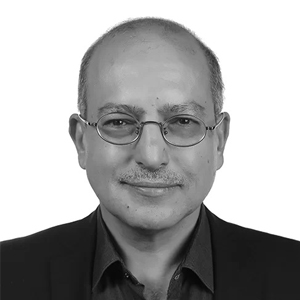 Abdulghani Aliryani Senior Researcher, Sana’a Center
Abdulghani Aliryani Senior Researcher, Sana’a Center -
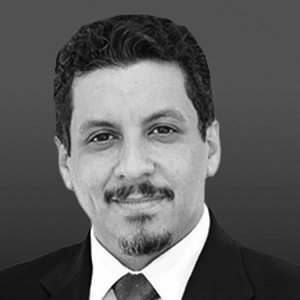 Ahmed Awad Bin Mubarak Foreign Minister, Yemen
Ahmed Awad Bin Mubarak Foreign Minister, Yemen -
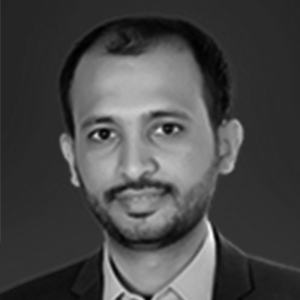 Ahmed Nagi Non-Resident Scholar, Carnegie MEC
Ahmed Nagi Non-Resident Scholar, Carnegie MEC -
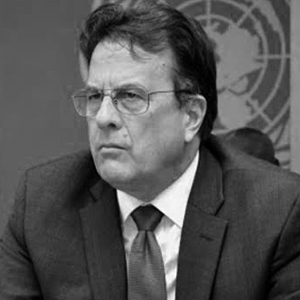 David Gressly UN Humanitarian Coordinator for Yemen
David Gressly UN Humanitarian Coordinator for Yemen -
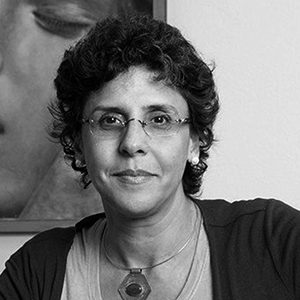 Elham Manea Professor, University of Zurich
Elham Manea Professor, University of Zurich -
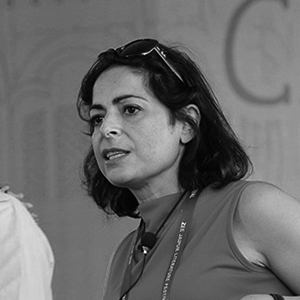 Laleh Khalili Professor, Queen Mary University
Laleh Khalili Professor, Queen Mary University -
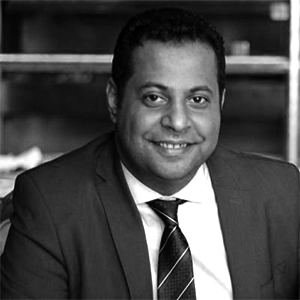 Maged Al-Madhaji Executive Director, Sana'a Center
Maged Al-Madhaji Executive Director, Sana'a Center -
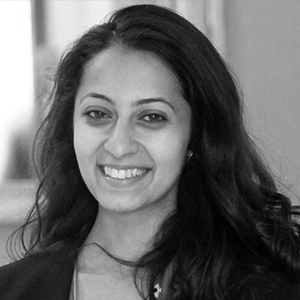 Maha Al-Salehi Researcher, Holm Akhdar
Maha Al-Salehi Researcher, Holm Akhdar -
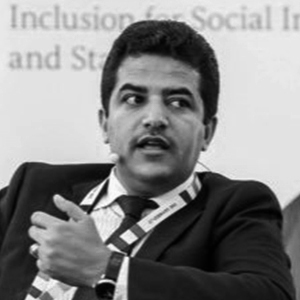 Mansour Rageh Deputy Governor, Central Bank of Yemen
Mansour Rageh Deputy Governor, Central Bank of Yemen -
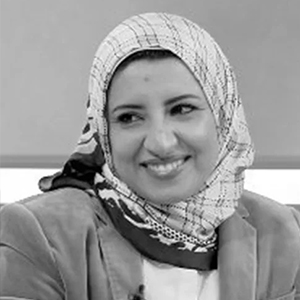 Maysaa Shuja Al-Deen Senior Researcher, Sana’a Center
Maysaa Shuja Al-Deen Senior Researcher, Sana’a Center -
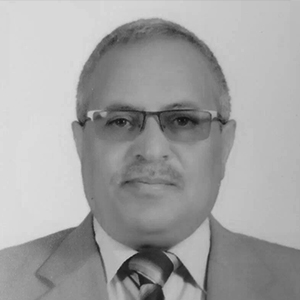 Muhsin Ramadan Border expert
Muhsin Ramadan Border expert -
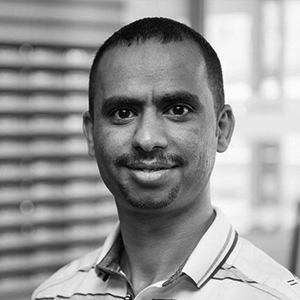 Musaed Aklan Environmental Researcher, Sana’a Center
Musaed Aklan Environmental Researcher, Sana’a Center -
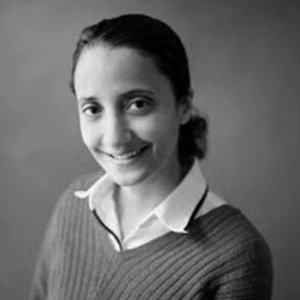 Nadwa al-Dawsari Non-Resident Scholar, MEI
Nadwa al-Dawsari Non-Resident Scholar, MEI -
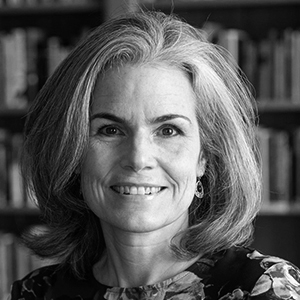 Nathalie Peutz Associate Professor, NYU Abu Dhabi.
Nathalie Peutz Associate Professor, NYU Abu Dhabi. -
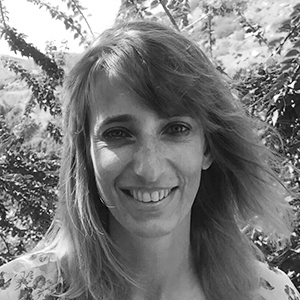 Sarah Vuylsteke Researcher
Sarah Vuylsteke Researcher -
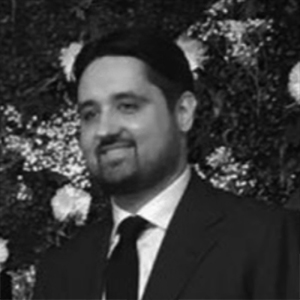 Taimur Khan Conflict Armament Research
Taimur Khan Conflict Armament Research -
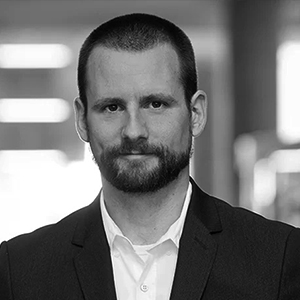 Thomas Juneau Assistant Professor, University of Ottawa
Thomas Juneau Assistant Professor, University of Ottawa -
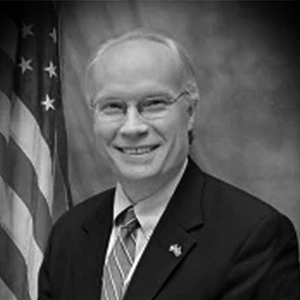 Tim Lenderking US Special Envoy to Yemen
Tim Lenderking US Special Envoy to Yemen -
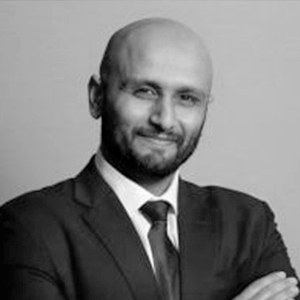 Omar Al Ubaydli Research Director, Derasat
Omar Al Ubaydli Research Director, Derasat -
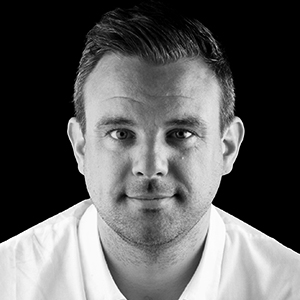 Peter Salisbury Senior Yemen Analyst, Crisis Group
Peter Salisbury Senior Yemen Analyst, Crisis Group -
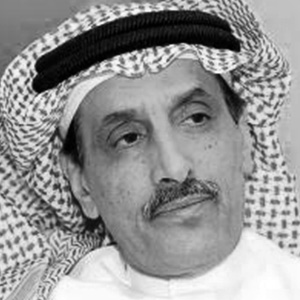 Khalid Al-Dakhil Assistant Professor, King Saud University
Khalid Al-Dakhil Assistant Professor, King Saud University -
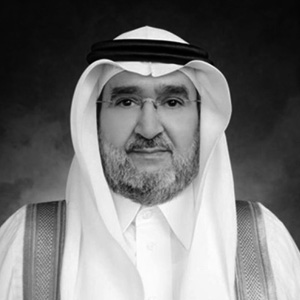 Abdulaziz Sager Chairman of the Gulf Research Center
Abdulaziz Sager Chairman of the Gulf Research Center -
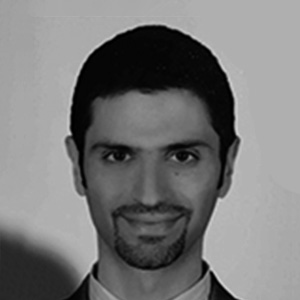 Bader Al-Saif Assistant Professor, Kuwait University
Bader Al-Saif Assistant Professor, Kuwait University -
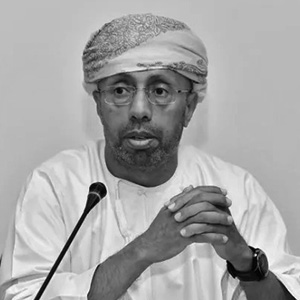 Abdullah Baabood Visiting Professor, Waseda University
Abdullah Baabood Visiting Professor, Waseda University -
 Amal Alem Iran researcher
Amal Alem Iran researcher -
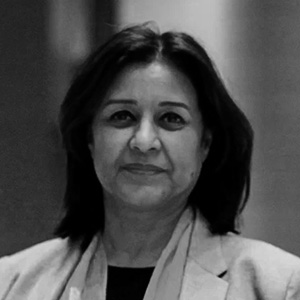 Jamila Ali Rajaa Former diplomat and policy consultant
Jamila Ali Rajaa Former diplomat and policy consultant -
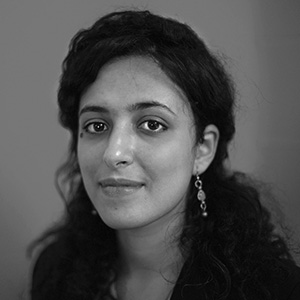 Hadil Al-Mowafak Research Fellow, Yemen Policy Center
Hadil Al-Mowafak Research Fellow, Yemen Policy Center -
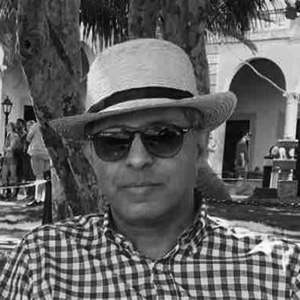 Mustapha Noman former Yemeni diplomat and Deputy Foreign Minister
Mustapha Noman former Yemeni diplomat and Deputy Foreign Minister
All costs related to the Yemen and Gulf Exchange are funded by participant fees, except for scholarships provided by both organizations (see below). There is no supplementary government or private sector support, a fact that allows us to assure participants of a relatively independent platform for the exchange of information, open dialogue and understanding.
All sessions are held under the Chatham House Rule, with some sessions consisting of only one speaker in order to assure as open and unfiltered a discussion as possible in the context of sensitive topics. Simultaneous translation to English and Arabic will be provided.
Prior to the beginning of the course, accepted participants will receive a course syllabus and the final agenda. Throughout the course, necessary agenda updates will be communicated with the participants on a daily basis. Those interested will also be connected with the experts and speakers to follow up with them for their own work and research, subject to the latter’s approval.
Applying for a scholarship – The Yemen and Gulf Exchange currently has five scholarships (covering the conference fee) available for researchers who will deepen the social, political and geographic diversity of the Exchange and who can demonstrate both a lack of institutional or self-funding ability and a deep interest in Yemen and the region. For any questions related to scholarships, email [email protected].
